At the time there was consternation over the collapse of the Abitibi side in the UK with the closure of the companys Deeside recycled newsprint mill but the process has led to the successful reestablishment of Cheshire Recycling as todays Palm Recycling business which continues to win local authority contracts and increase its material volumes.
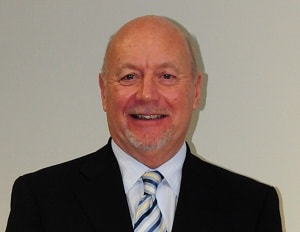
The closure of the Deeside mill, which was the oldest in the UK, came as the ultra-modern 400,000 tonne-a-year capacity Palm Paper newsprint plant opened in Kings Lynn, Norfolk.
Palm Recycling, which supplies the Norfolk mill, now serves local authorities across the UK and managing director Ron Humphreys, says that, at the age of 65, the Palm involvement in the business has given him a new spring in my step.
Development of the Kings Lynn mill was a significant investment in a recession by the German-owned company. It saw Palm operating in the UK but without a direct supply of raw material such as Abitibi had benefited from.
Dr Wolfgang Palm had wasted no time in snapping up Cheshire Recycling and transforming it into Palm Recycling. When this happened, in February 2010, there were concerns by some suppliers that they had lost out financially when the Abitibi side closed.
Mr Humphreys, who developed Cheshire Recycling and then ran it under the Abitibi umbrella, said he appreciated that it was a difficult time for all those involved.
He told letsrecycle.com that the transition was a challenge because we had to novate all the contracts on the supply and service delivery side. We retained the majority of the business and came to arrangements with our suppliers. In terms of no novation only two out of the 150 contracts didnt come over.
Twin stream

The business is now, said Mr Humphreys, one of the strongest kerbside recycling operations and supply companies in the UK. And, importantly, the company remains committed to the principle of twin stream collection, with paper and board collected separately from other materials. He argues more should be done to supply cleaner recycled material for reprocessing by mills.
Palm has the same quality issues in the material we receive that the other reprocessors do and we feel that supplies to mills should be treated as that same way that raw material would be in presentation to a customer. A lot of people see it as waste management and some even think it doesnt matter that it has contamination.
Mr Humphreys added that that the paper industry too has to play an active role in promoting quality but believes that the collection methodology is a factor here. This is a wide ranging debate with arguments for and against.
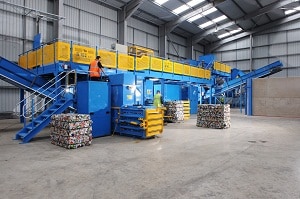
And, the Palm Recycling managing director said he accepted that the use of technology can deliver better quality but noted that the the industry employing that technology has to respect its limitations.
However, Palm Paper has, and will continue to be, supplied by some suppliers of material from the commingled stream. The company says that this does present challenges to the cleaning equipment but the main issue is a reduction in yields. Mr Humphreys explains that this because there is still usually a minimum of 10% of outthrows from other commingled material present.
And this adds to all the other losses already faced by papermakers such as losses from moisture, inks and China clay.
Palm does not pay less because of this and uses the EN643 specifications to which material should meet. He said: We believe in buying to that specification and problems need to be spotted at an early stage. We cant inspect every bale, every load. We have tried and tested procedures and yes, bad material does get through, and this does arise from commingled MRFs.
Technology
The technology is there, he added, to have systems where fibre is kept separately from other materials and then sorting technology can be used for these. Now councils want to collect everything and they have to include the lighter fractions. It seems to me to be logical paper and card in one bin in a two bin system. And, what we are finding is that most of the studies are coming out in favour of non-commingling on a cost basis. Yes, local authorities will look at cheaper ways of collecting but it is not good as a whole for UK plc.
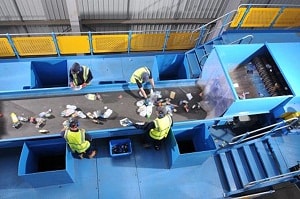
In terms of market coverage, Mr Humphreys said that Palm has a very strong base. We are well known in all areas of local authorities and we also have large commercial contracts.
Moving over to a more European-focused business with Palm, Mr Humphreys said that the last year has seen the recycling division getting to know the Palm way of doing things. It has been a breath of fresh air and is more of a European culture which we are used to rather than what we had before. They are focused on the fundamentals, no time-wasting and business targets are clear and simple.
He added that Palm respect that we are the experts in our market but they are always there for support.
At present Palm Recycling supplies more than 50% of the mills needs which currently are at 360,000 tonnes a year and will increase up to about 420,000 tonnes. The focus of the business is to grow that supply share to the mill to 80%.
This increase will be through an expansion in both commercial and local authority markets. Palm Recycling will also continue its strong role in handling a wide range of materials which it receives through its local authority contracts which are co-ordinated from its new head office building in Ellesmere Port.
With a network of contractors, Palm Recycling also has sorting stations, including a site in southern England, on Teesside, and in Edinburgh and Coventry. These handle materials including plastics, metals and glass with textiles also collected separately.
Looking ahead, Mr Humphreys said that he is very optimistic for the development of Palm Recycling: We are retaining and winning new contracts. And, we are also finding that paper banks are popular, they make up one third of our supply. Councils have provided collection system but alongside these, paperbanks do suit some peoples lifestyles and offer opportunities for local groups, churches and charities.






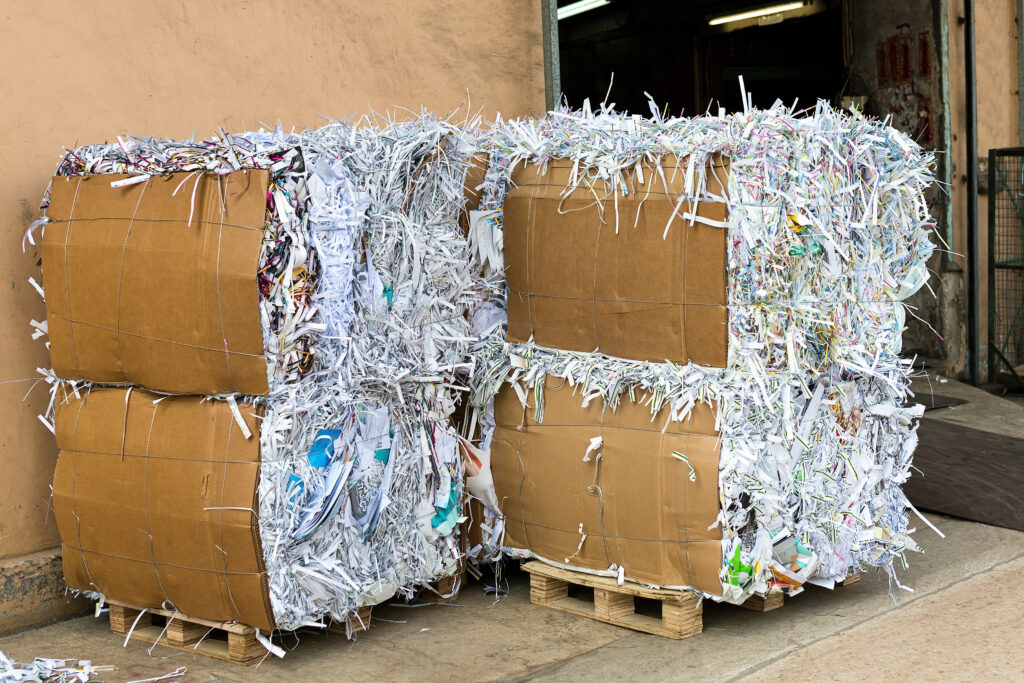
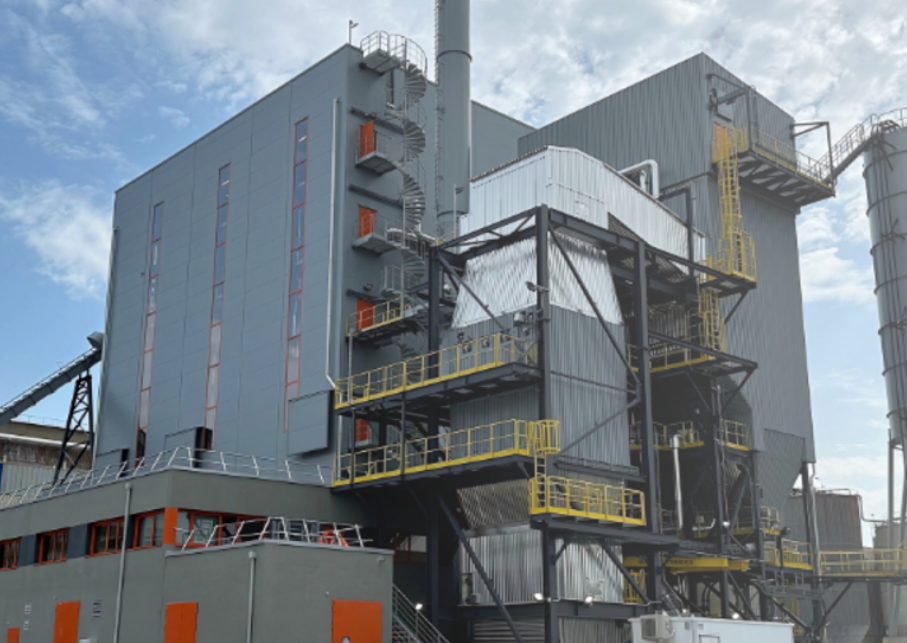
Subscribe for free